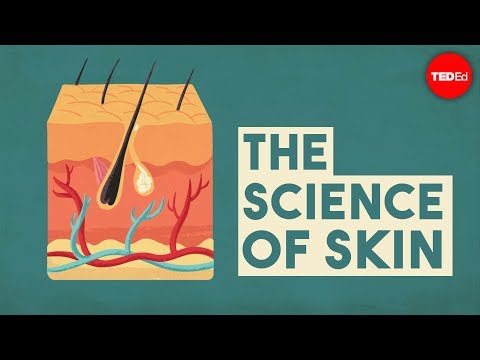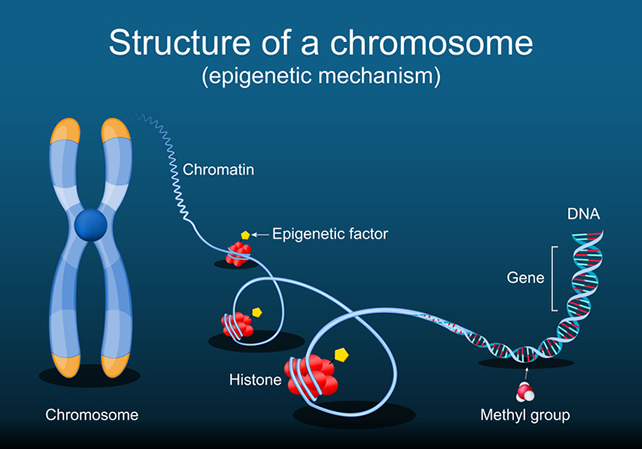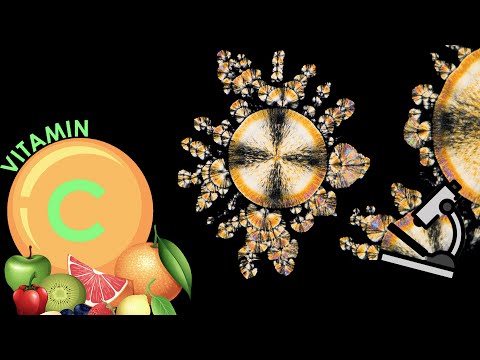A vitamin commonly found in fresh fruits and vegetables could help slow one of the visible signs of aging: thinning skin.
A new study has found that nourishment with vitamin C boosts epidermal thickness in lab-grown human skin models, and it does this by reactivating genes linked to cell growth. What's more, vitamin C concentrations normally delivered to human skin via the bloodstream are sufficient to have a measurable effect.
The research from Japan, first-authored by pharmaceutical scientist Yasunori Sato of Hokuriku University, points to vitamin C as a tool for staving off at least some of the impacts of aging on our largest organ.
"Vitamin C seems to influence the structure and function of epidermis, especially by controlling the growth of epidermal cells," explains biologist Akihito Ishigami of the Tokyo Metropolitan Institute for Geriatrics and Gerontology.
"We investigated whether it promotes cell proliferation and differentiation via epigenetic changes."
Related: 9 Foods That Pack More Vitamin C Than an Orange
Healthy human skin contains high levels of vitamin C, suggesting active accumulation, and concentrations are lower in aged or UV-damaged skin. We know that the vitamin plays an important role in skin health, boosting collagen production, alleviating UV damage, and providing antioxidant protection.

We also know that vitamin C plays a role in the demethylation of DNA, a process of removing methyl groups that is important for genetic stability and gene expression.
The addition or removal of methyl groups act like a kind of molecular switch that can turn gene activity on or off, without changing the genomic sequence.
What role demethylation plays in the differentiation of skin cells called keratinocytes, however, was unclear.

The human epidermis is dominated by keratinocytes, which form at the very bottommost layer and slowly move upward through its multiple layers as they mature, eventually becoming the dead cells that make up the skin's uppermost layer – the stratum corneum.
The stratum corneum consists entirely of dead cells, serving a protective function for the live skin cells underneath. It's from here that dead skin cells are shed, replenished by keratinocytes making their way up from below.
To test the role of vitamin C in skin health, the researchers grew human keratinocytes in petri dishes, with the upper layer exposed to the air, and fed by a nutrient solution from below, mimicking how skin behaves in living humans.
Into the nutrient solution, the researchers added concentrations of vitamin C consistent with the concentrations delivered by the circulatory system. A separate group of cells was grown without vitamin C as a control.
After one week, the models nourished with vitamin C had a thicker layer of living epidermis cells than the control group, while no effect was seen on the stratum corneum. After 14 days, the epidermal cell layer was thicker still, and the stratum corneum showed thinning, suggesting that the vitamin C was promoting cell proliferation.
Related: Grapefruit Juice Can Kill You, Evidence Shows
The researchers sequenced the DNA and RNA of their samples, and traced this cell proliferation to demethylation that appears to be mediated by vitamin C sustaining the function of enzymes that regulate gene activity through demethylation.
These enzymes need a specific form of iron to keep doing their demethylation job, and vitamin C helps regenerate that form of iron. This effectively reactivates the genes associated with cell proliferation.

Under the influence of vitamin C, the expression of 12 key proliferation genes in the samples was increased, some by as much as 75 times.
When the researchers applied an inhibitor to the enzyme, the effect was reversed, confirming that vitamin C works through this specific pathway. These results suggest the vitamin may be useful to develop treatments for countering the effects of age.
"We found that vitamin C helps thicken the skin by encouraging keratinocyte proliferation through DNA demethylation," Ishigami says, "making it a promising treatment for thinning skin, especially in older adults."
The research has been published in the Journal of Investigative Dermatology.